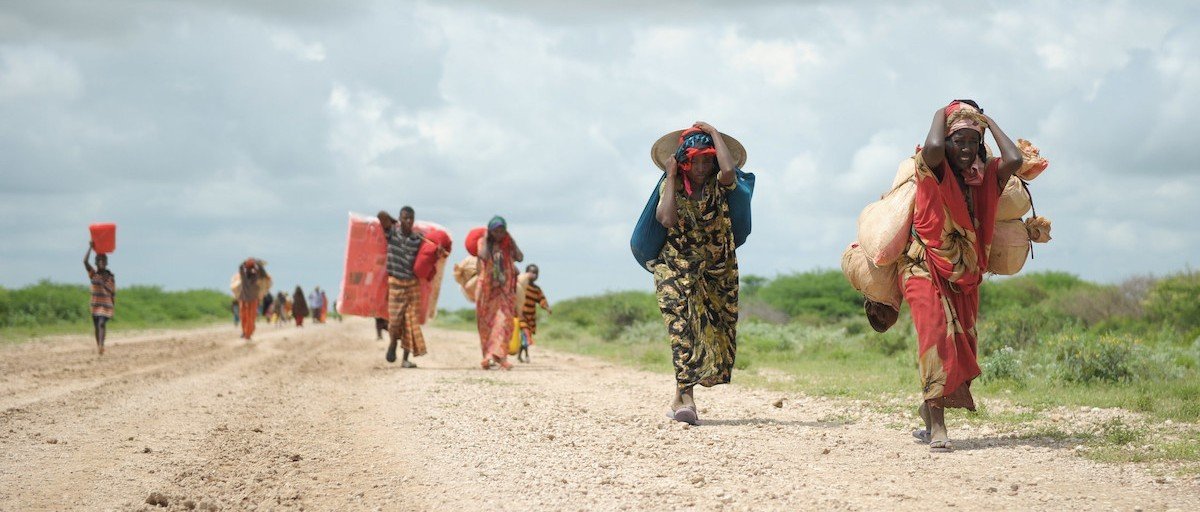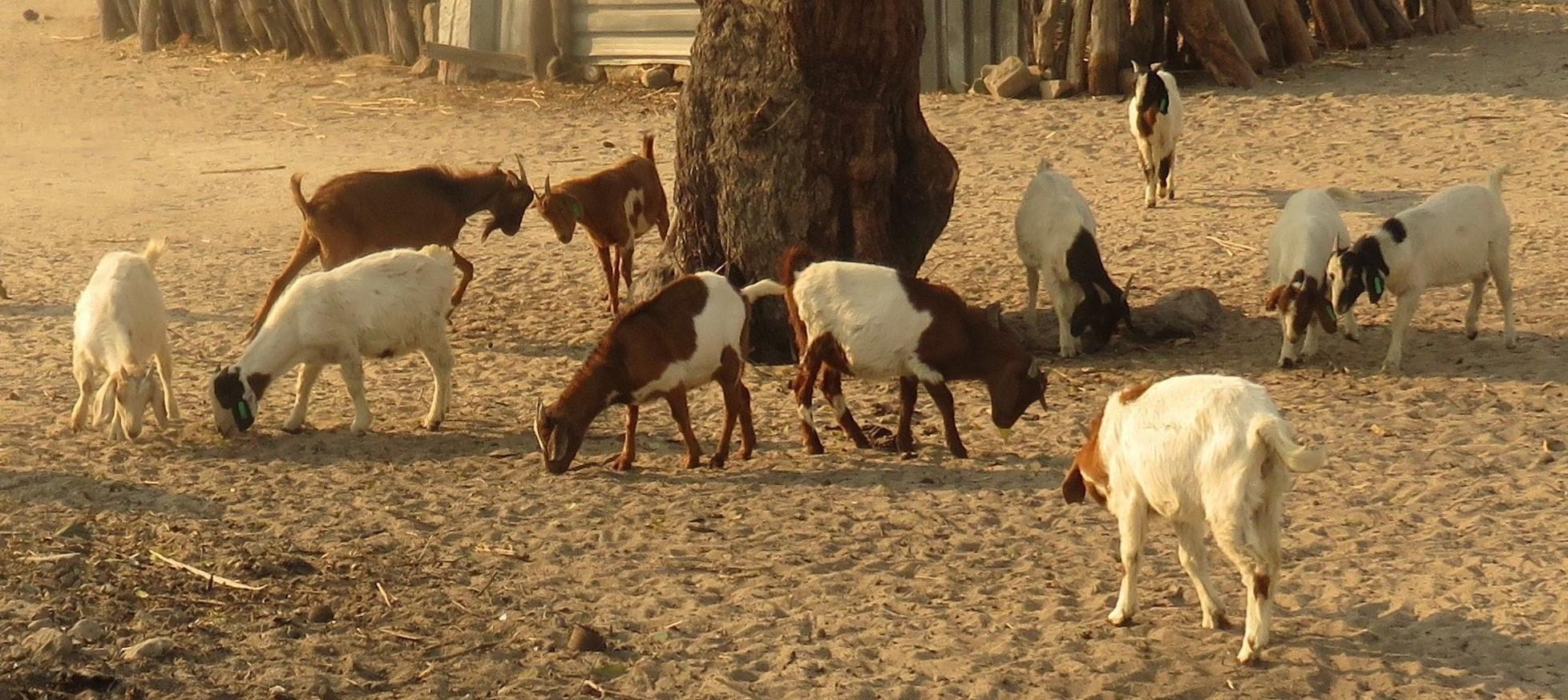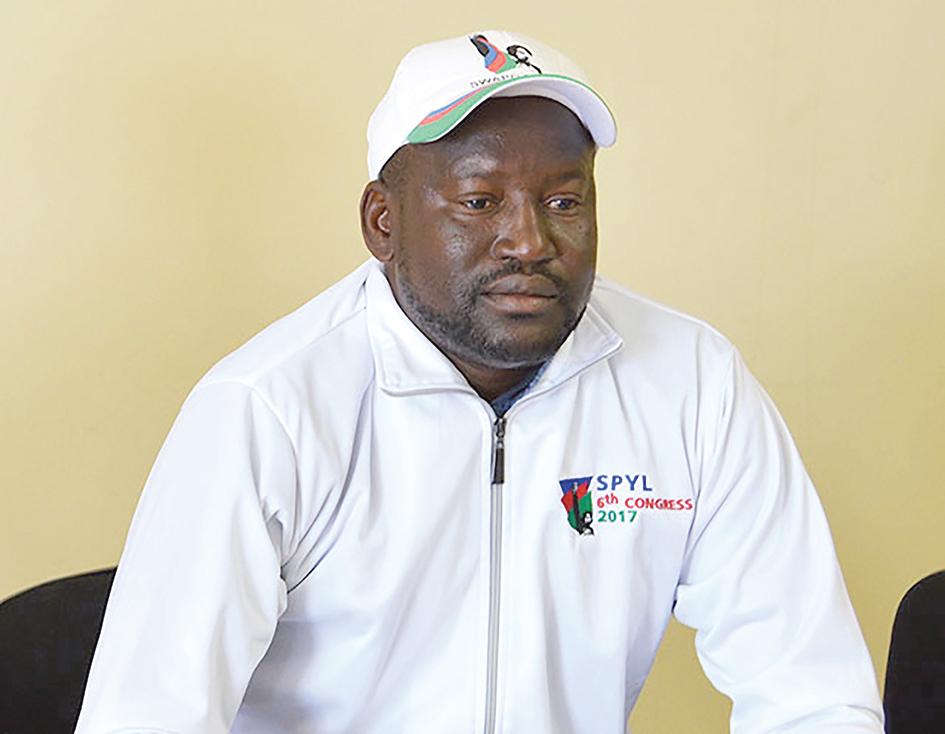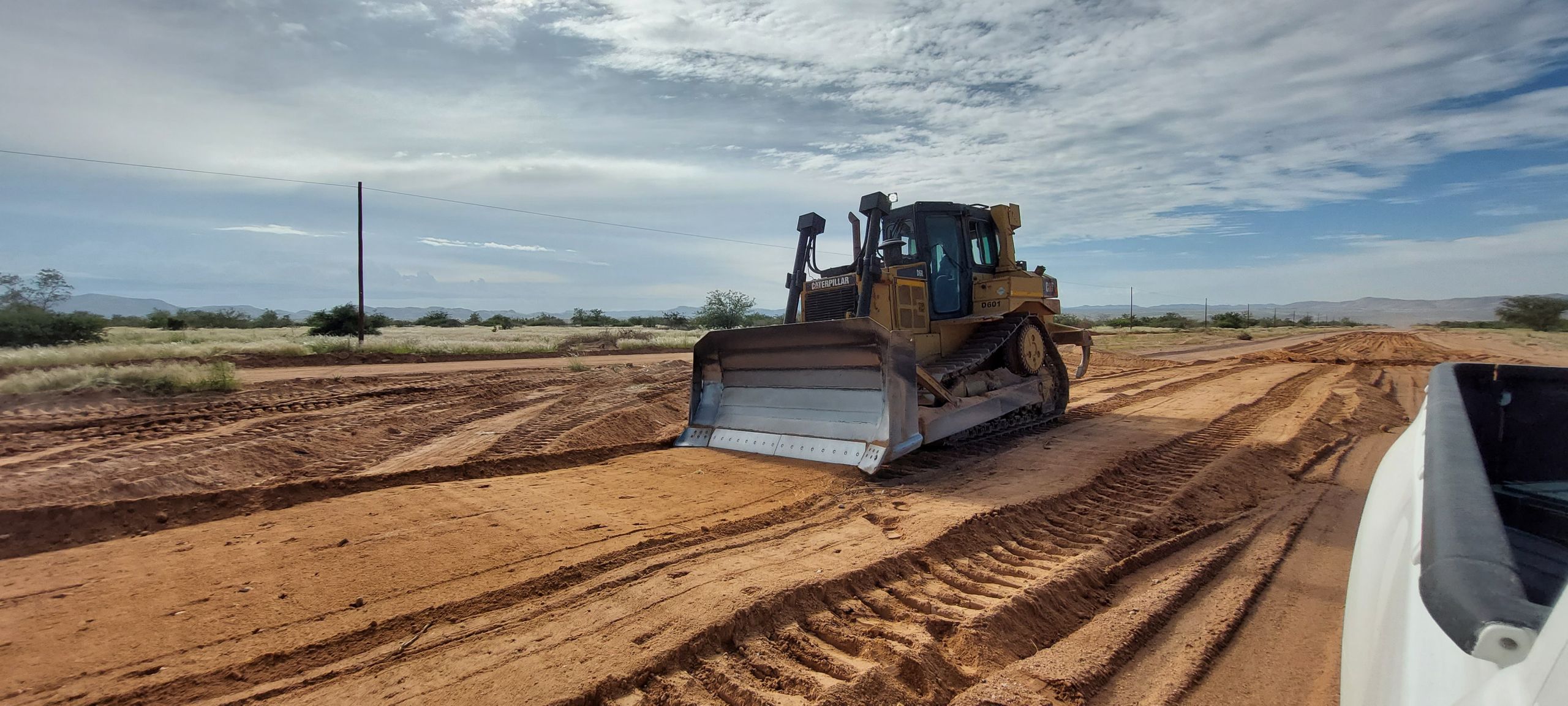Edward West
THE share price of Nampak, Africa’s largest diversified JSE-listed packaging manufacturer, plunged by 30,7% to R1,36 after it forecast lower earnings and announced a N$2-billion rights issue to refinance debt.
This is because ‘self-help’ measures to raise finances have not been sufficient.
Shareholders typically do not like rights issues, because the increased number of shares dilutes a company’s earnings and dividends.
The company says it expects headline earnings per share (Heps) to decrease to between between 33c and 37c for the year ended on 30 September, compared to Heps of 62,3c in the 2021 financial year, representing a sharp decrease of between 41% and 47%.
A loss per share of between 22c and 25c was expected, compared to earnings per share of 32,1c in the previous year. Annual results are expected to be released on Monday.
Regarding the capital raise, the group says it was required to refinance its debt package before 31 March 2023, because its current debt and the United States Private Placement funding matures on 31 December 2023 and 28 May 2023, respectively, and it has to repay N$1,35 billion of net debt by 31 March 2023.
“As a result of the current economic environment, self-help measures have not fully yielded the required results. Nampak will therefore convene an extraordinary general meeting in respect of which a circular will be published on or about 15 December, seeking all relevant authorisations required to enable the company to proceed with a potential rights offer of up to R2 billion during the course of the first quarter of 2023.”
The group says if successful, the rights issue would enable its management to focus on delivering on Nampak’s growth strategy, and result in a simplified, more robust capital structure.
It plans to use N$1,35 billion of the rights issue to repay lenders as a minimum requirement for the refinancing, R350 million to upgrade a beverage can line in South Africa, which would add “urgently needed production capacity to satisfy the unprecedented growth in beverage can demand”, N$150 million to provide operating flexibility, and N$150 million to cover estimated transaction costs of the refinancing and proposed rights offer.
The group says a number of historic events have resulted in an “elevated level of gearing”, such as goodwill in Nigeria, asset impairments in Angola, impairments from a higher-weighted average cost of capital-to-asset valuations, hyperinflation in Zimbabwe, and an expected credit loss raised in 2019 against debt from the Reserve Bank of Zimbabwe.
“The historical decisions to fund the African expansion mainly with US-dollar debt has meant that the impact of the aforementioned macro-economic and operational pressures placed significant strain on the balance sheet and required the group to seek covenant relaxations from its funding partners.
“This has resulted in an increase in funding costs, which has been more acute in the context of the rising commodity price and interest rate environment which has emerged since the onset of the war in Ukraine.”
The group operates in 10 countries across Africa. – IOL News
Stay informed with The Namibian – your source for credible journalism. Get in-depth reporting and opinions for
only N$85 a month. Invest in journalism, invest in democracy –
Subscribe Now!










